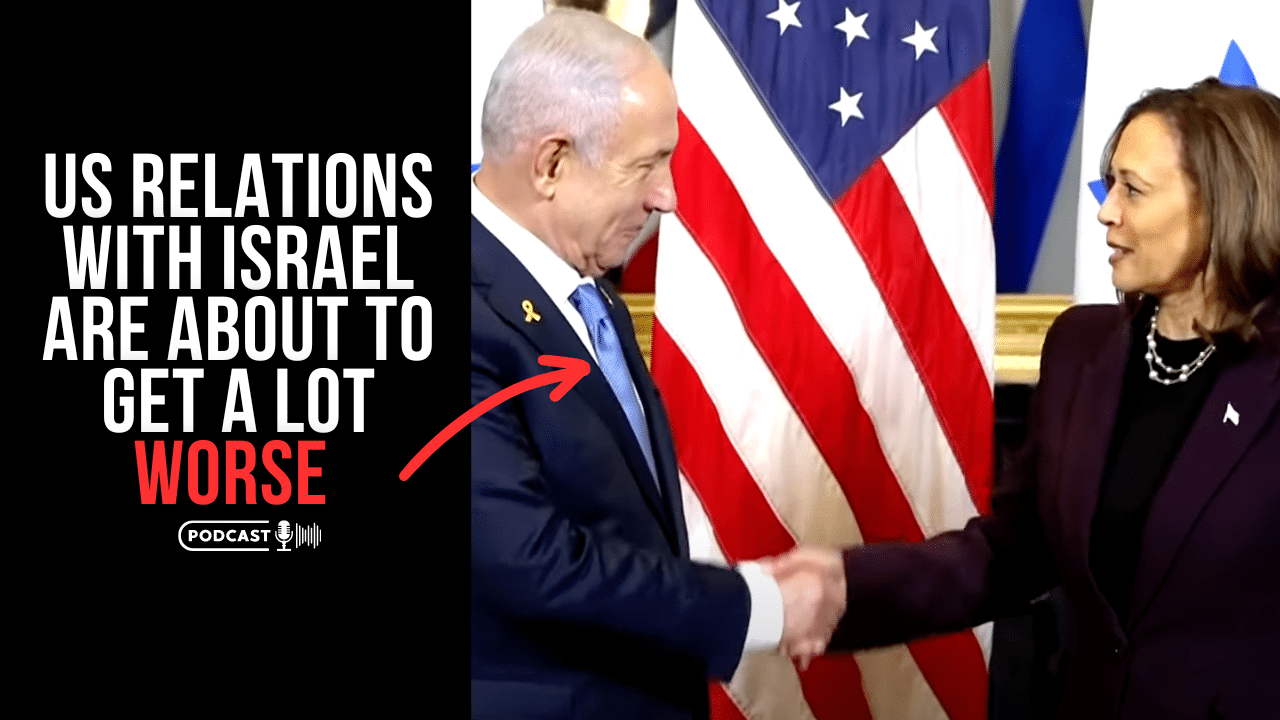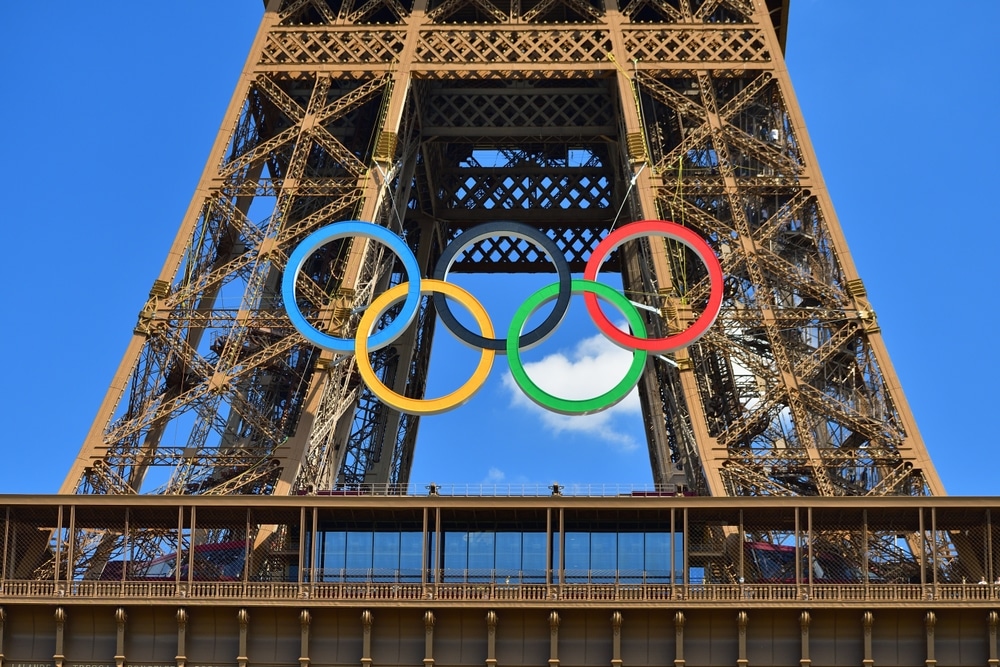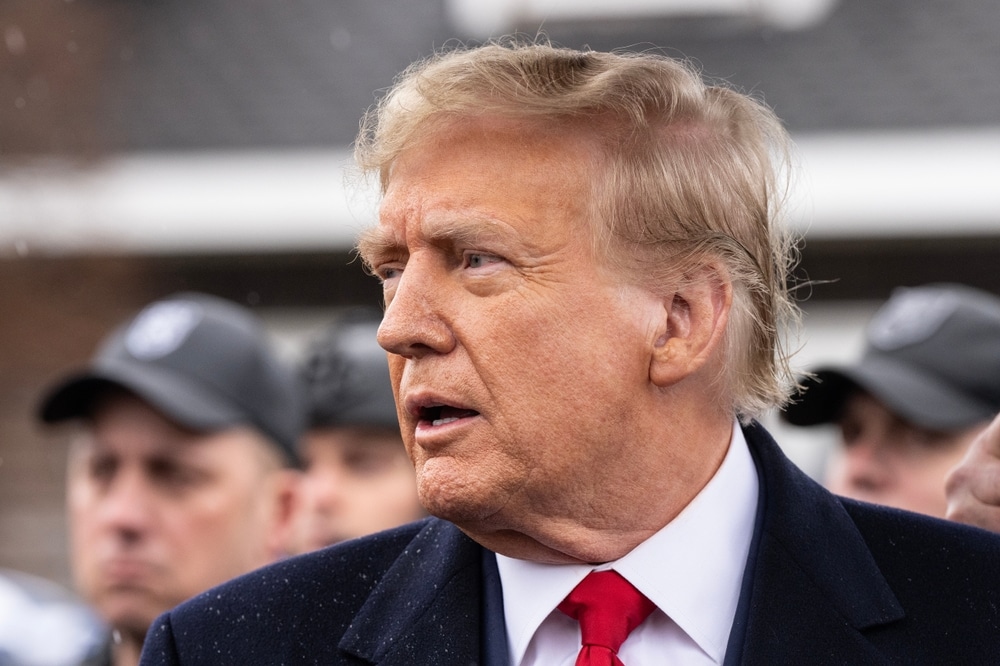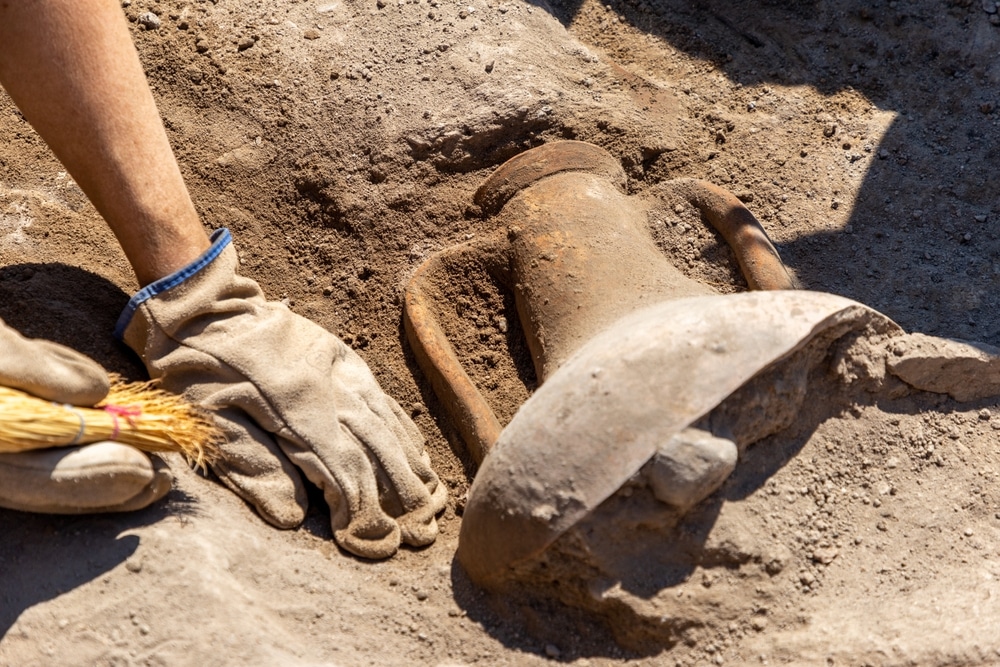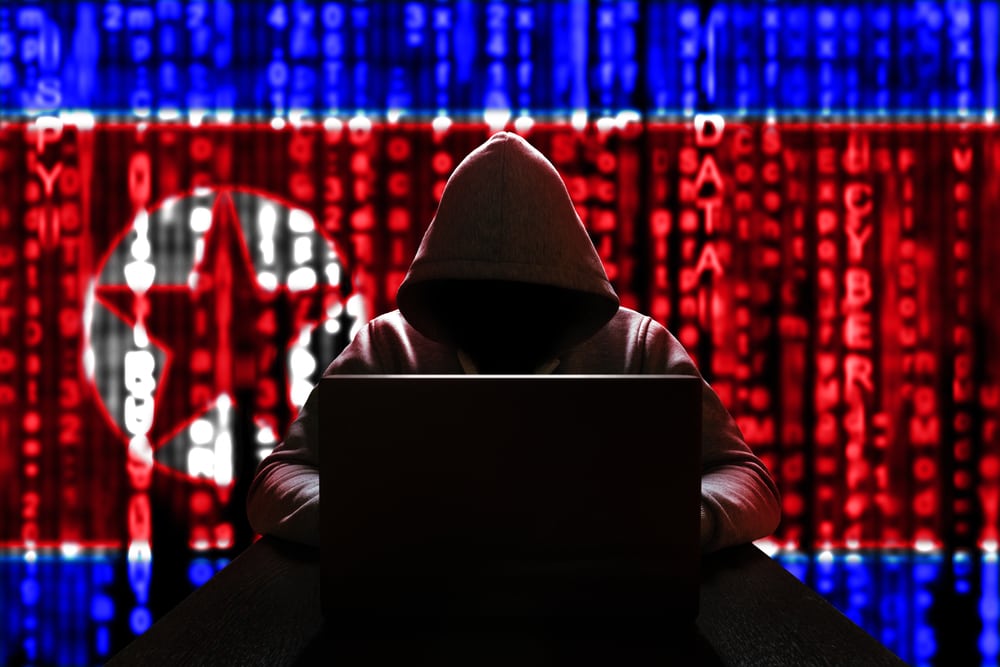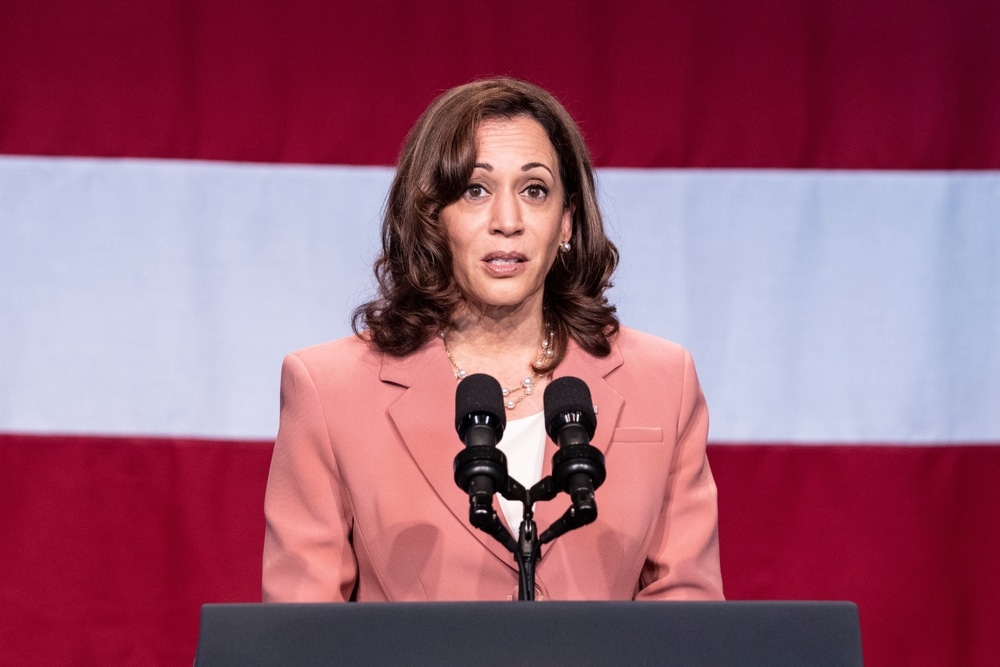(OPINION) Deep in a Cambodian old-growth forest, Buddhist “ecology monks” wrap trees in saffron clerical robes before ordaining the trees into the Buddhist faith.
The practice is an example of “forest activism” that spread to Cambodia after Thai monks in the 1990s began ordaining trees as they would a new monk.
Ordained trees become sacred and protected from illegal logging because harming an ordained monk is taboo in the Buddhist religion.
The recognition that religion can be a powerful tool when applied to selling the global warming narrative has been gaining traction at the United Nations and the World Economic Forum (WEF), where faith has traditionally been kept at arm’s length.
The globalist agencies are now welcoming help from religious leaders fighting climate change, one of the 17 U.N. sustainable development goals for 2030.
But some religious leaders are alarmed by their colleagues’ involvement in the climate debate. “I think this is a dangerous agenda, and it keeps the church from doing what its primary calling is, and that is to win people to faith in Jesus Christ,” Robert Jeffress, pastor of First Baptist Church of Dallas, told The Epoch Times.
“We ought to be much more concerned about what God thinks.” The U.N. predicts doom if urgent action isn’t taken to save the earth from the calamity of rising oceans and extreme weather caused by global warming, although scientific evidence remains controversial.
The U.N.’s 2030 climate goal calls for “deep, rapid, and sustained” reduction in greenhouse gas emissions by 42 percent, and the U.N. is aiming for net zero emissions by 2050. It predicts that global temperatures will rise by more than 1.5 degrees Celsius by 2035.
In anticipation of the U.N. Paris Climate Conference in 2015, Buddhist, Hindu, Muslim, and Christian groups issued climate change declarations, marking a turning point in faith leader support for the global climate agenda.
The U.N. heralded the news of Pope Francis’s papal letter on climate change that year to all Roman Catholic bishops, titled Laudato Si.
The spiritual leader of 1.36 billion Catholics lent his considerable clout to saving the planet, lamenting that environmental degradation was hurting the world’s poorest citizens. “I urgently appeal, then, for a new dialogue about how we are shaping the future of our planet,” Pope Francis wrote.
And although the pontiff couldn’t attend this year’s COP28 U.N. climate summit in Dubai, United Arab Emirates, he sent a message for the inauguration of the first-ever Faith Pavilion at the event, stressing the responsibility of religious leaders to care for the planet.
Many religious leaders have joined U.N. officials in demanding that financial institutions stop funding fossil fuel projects. Leaders of the World Council of Churches, Muslim Council of Elders, and New York Board of Rabbis released statements in 2021 and 2022 saying that banks, pension funds, and insurance firms had a “moral imperative” to stop investing in fossil fuels.
They pressured financial institutions to invest in so-called renewable energy for “children and future generations of life on earth.”
Michael O’Fallon is the founder of Sovereign Nations, a media website dedicated to the preservation of national sovereignty. He spoke with The Epoch Times about what he sees as a sinister development. (CONTINUE)



